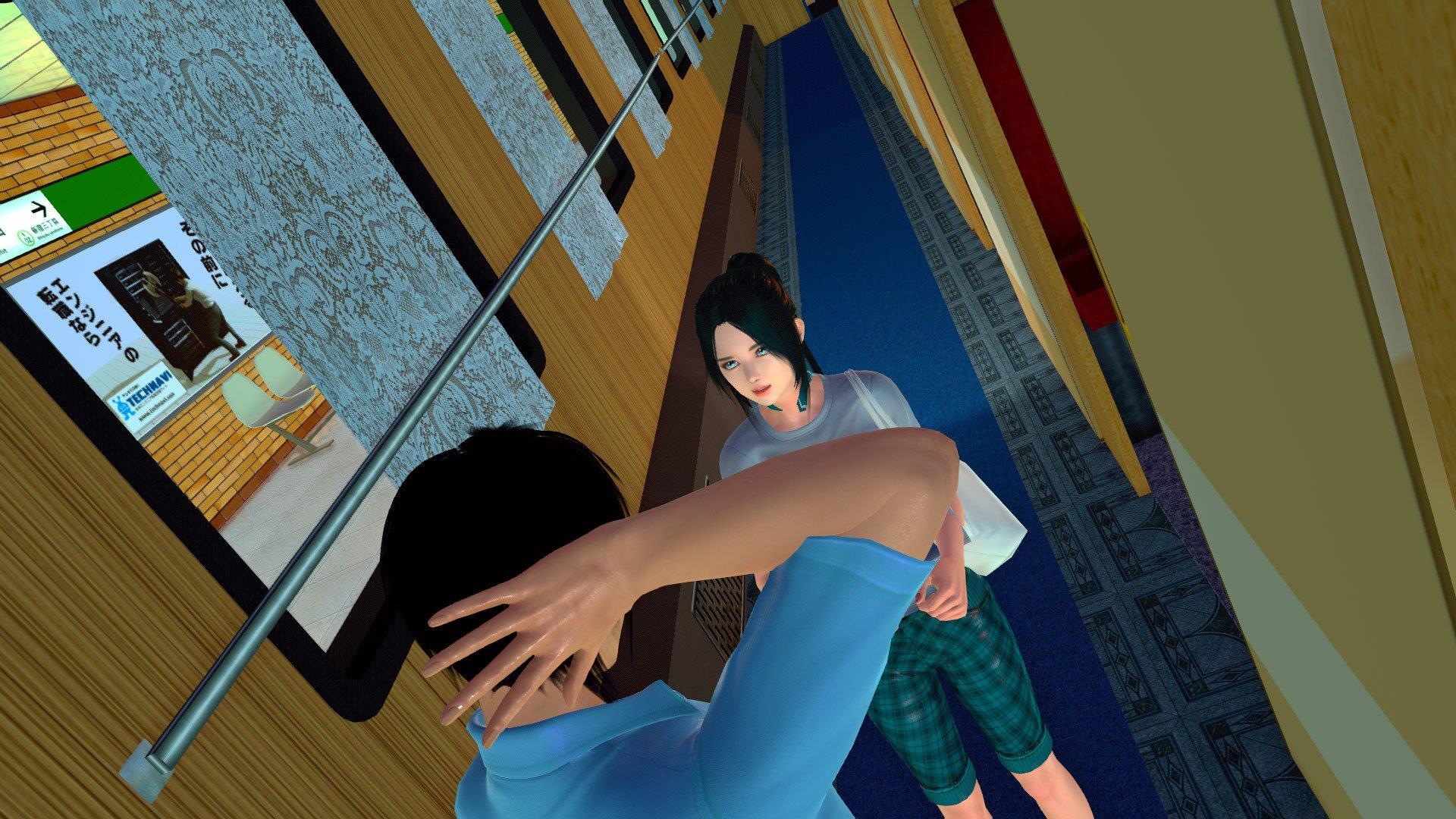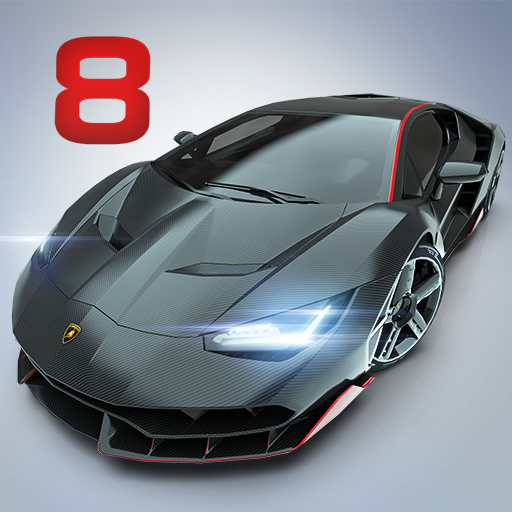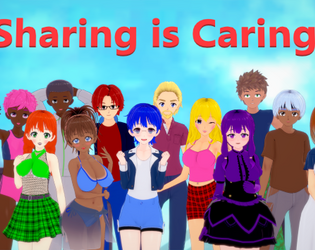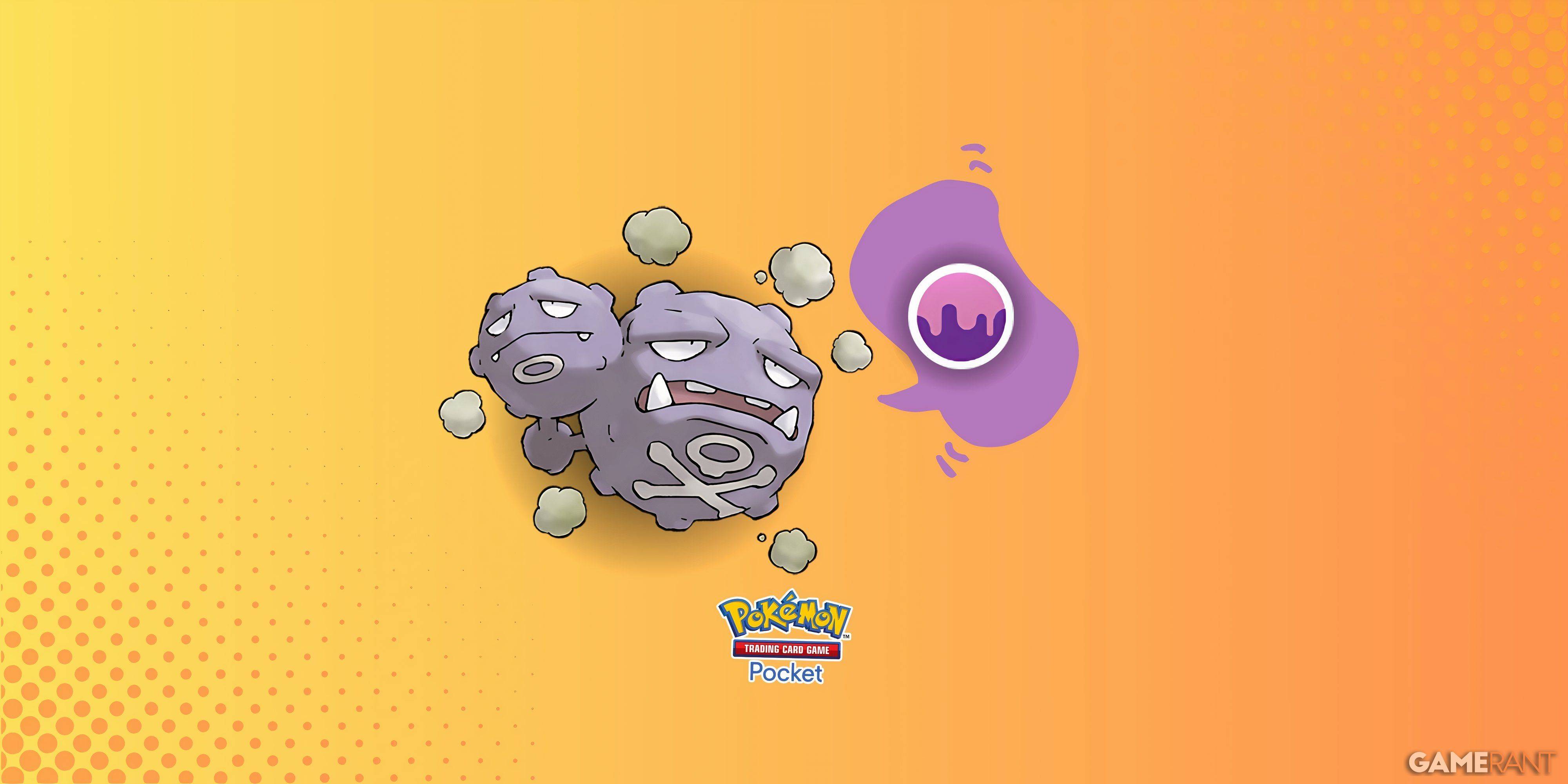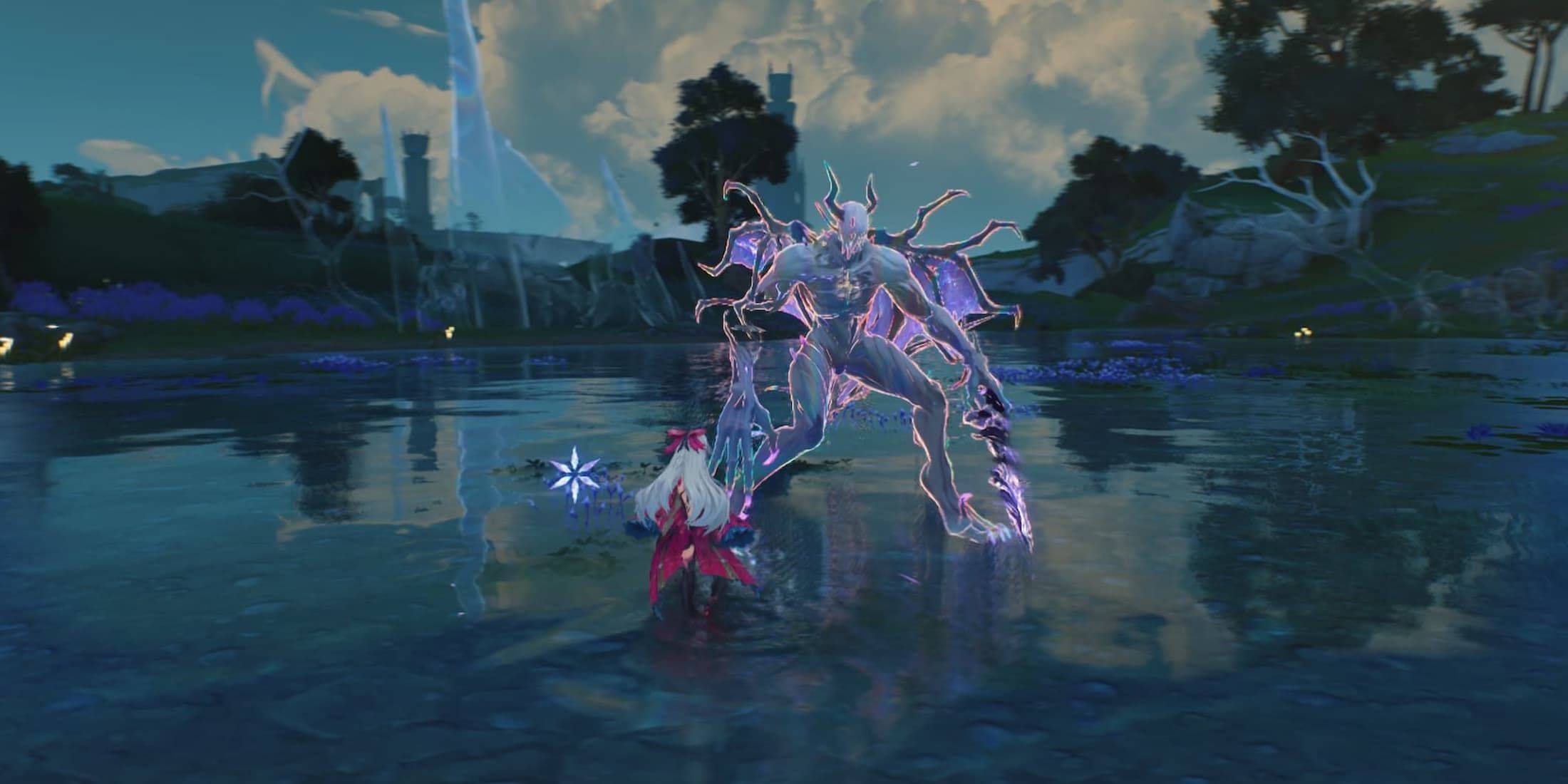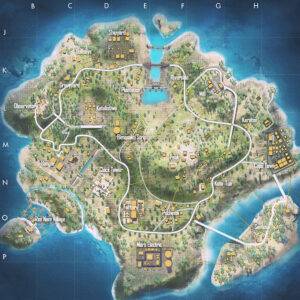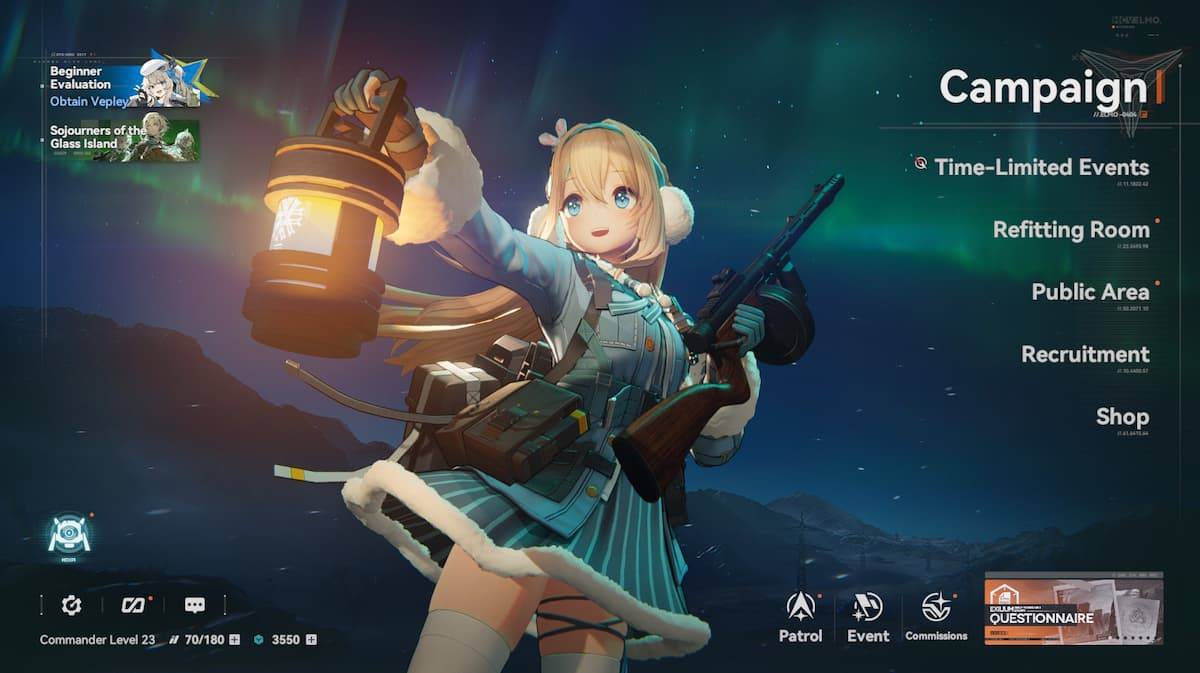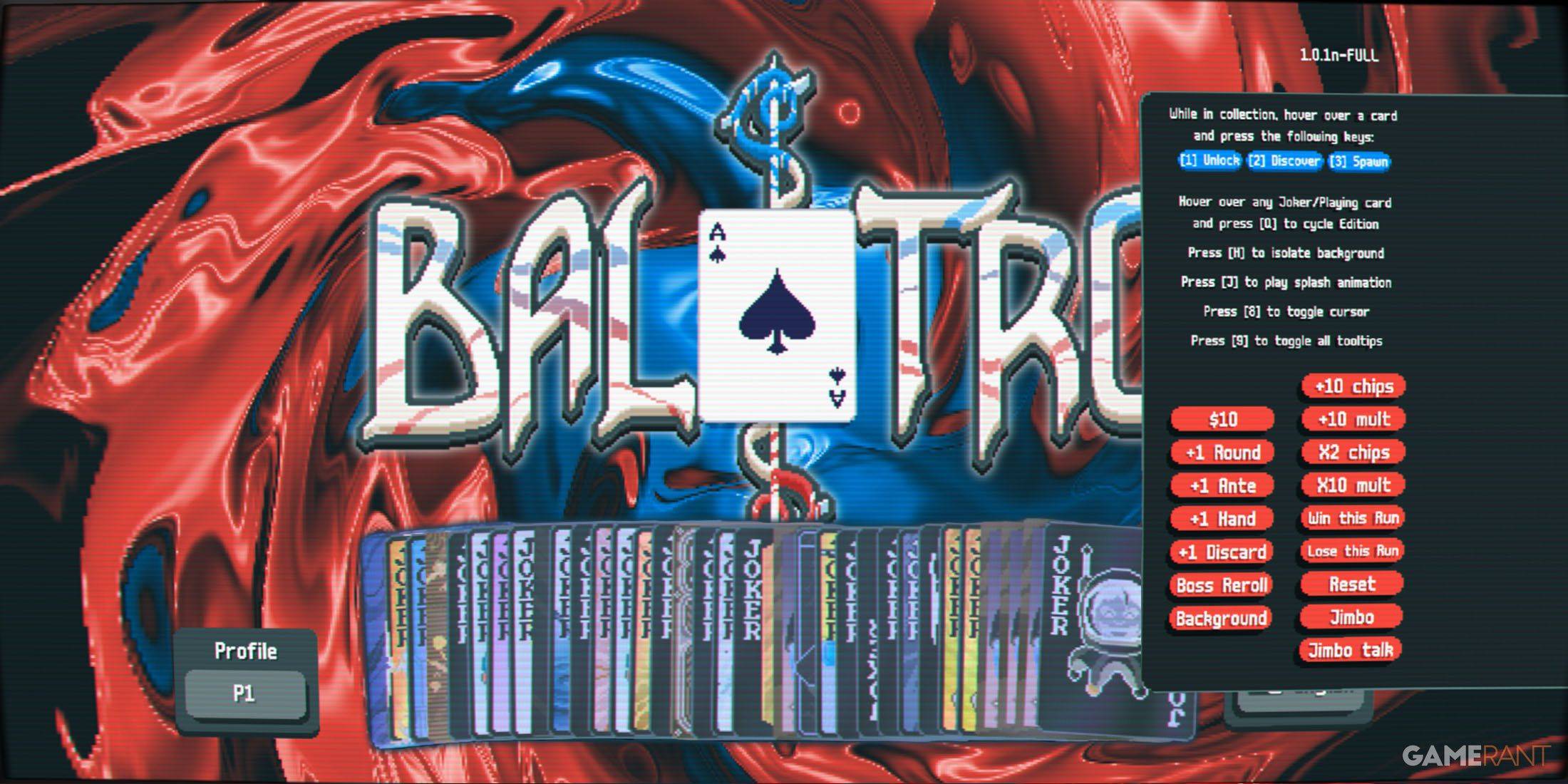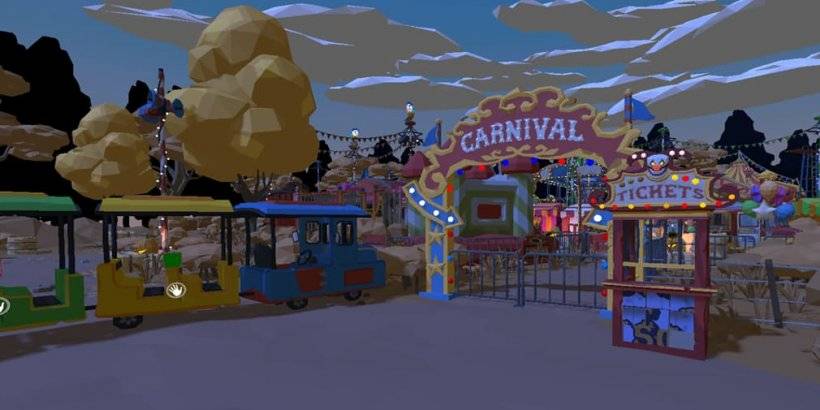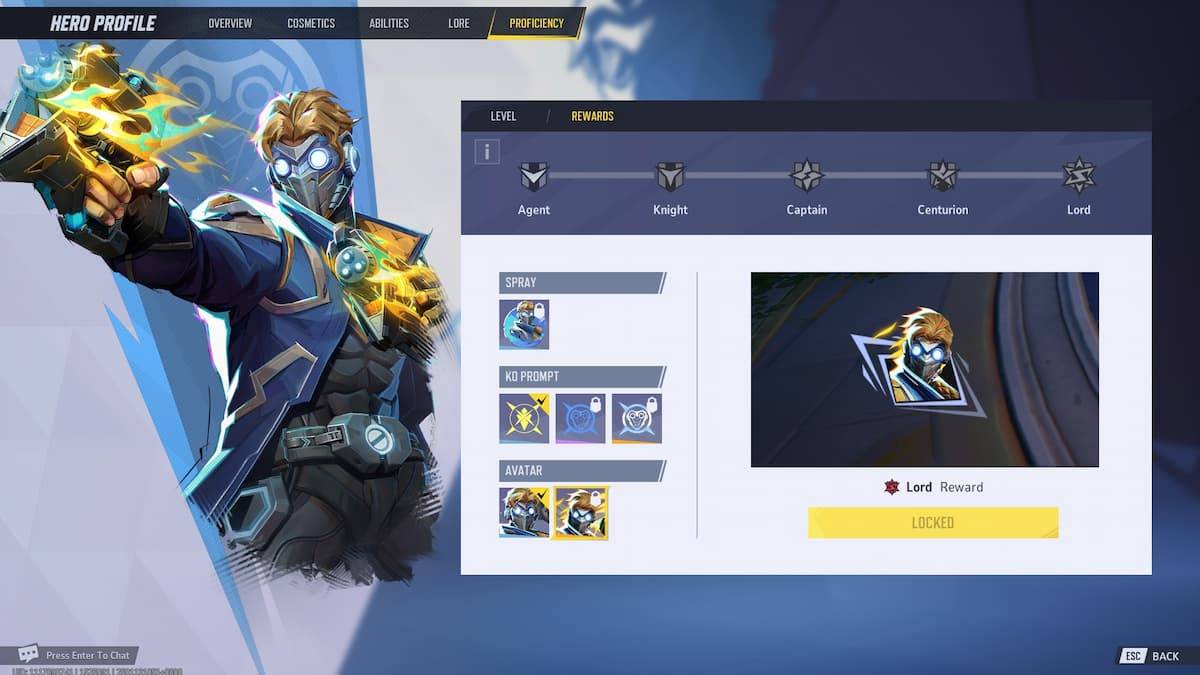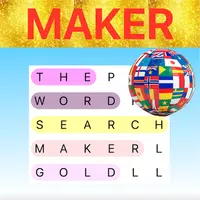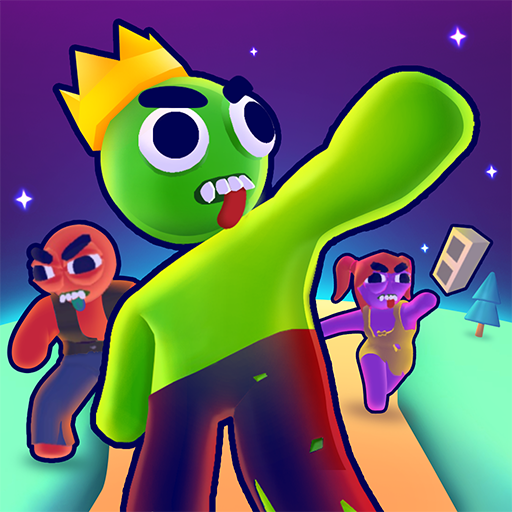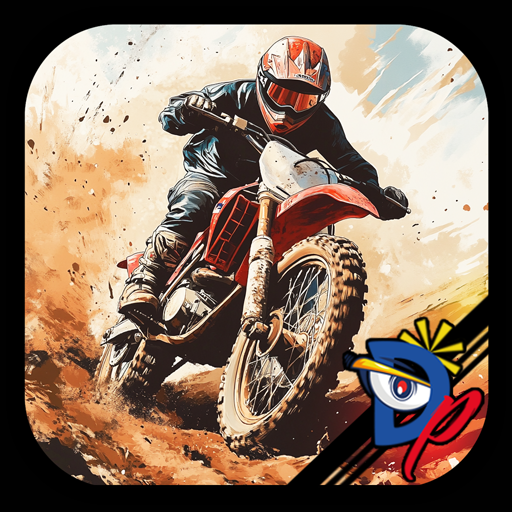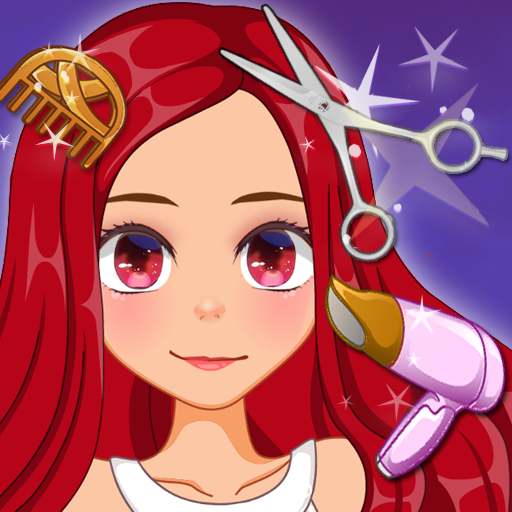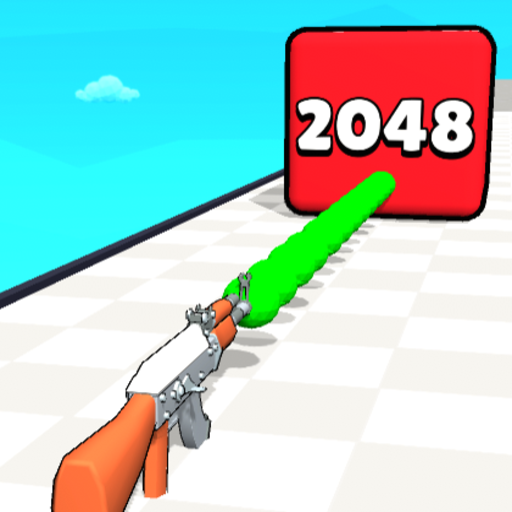Minecraft's Enduring Legacy: Unraveling Decades of Gaming History
Minecraft: From Humble Beginnings to Global Phenomenon
Minecraft's journey to becoming a globally recognized video game is a compelling tale of innovation and unexpected success. This article delves into the game's history, tracing its evolution from a simple idea to a cultural touchstone that redefined the gaming landscape.
Table of Contents
- Initial Concept and First Release
- Cultivating a Dedicated Player Base
- Official Launch and International Acclaim
- Minecraft Versions Through Time
Initial Concept and First Release
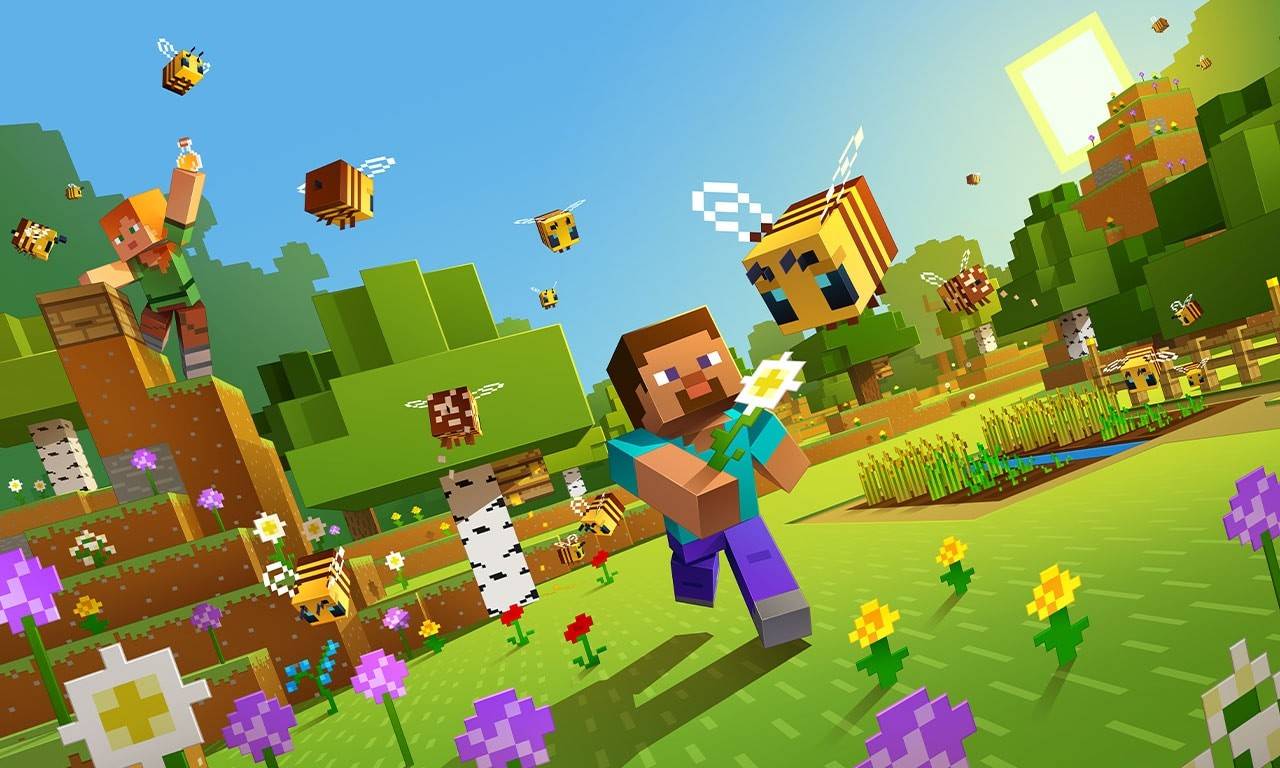 Image: apkpure.cfd
Image: apkpure.cfd
The Minecraft saga originated in Sweden with Markus Persson, known as "Notch," a programmer inspired by games like Dwarf Fortress, Dungeon Keeper, and Infiniminer. His vision: a game enabling boundless building and exploration. The alpha version debuted on May 17, 2009, a lightweight pixelated sandbox experience created during Notch's time off from King.com, launched via the official game launcher. Its intuitive building mechanics instantly captivated players, marking the genesis of a global phenomenon.
Cultivating a Dedicated Player Base
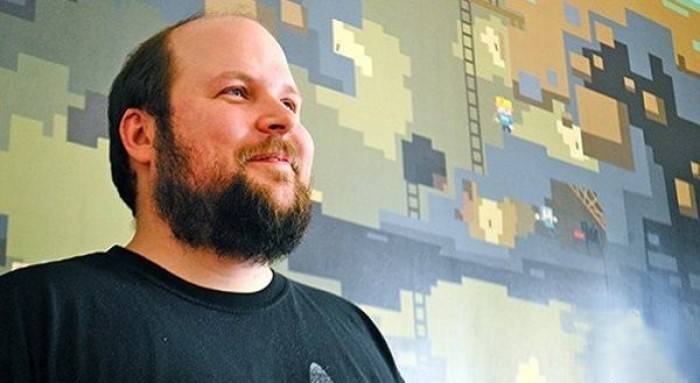 Image: miastogier.pl
Image: miastogier.pl
Word-of-mouth and online player communities fueled Minecraft's rapid growth. By 2010, the game transitioned to beta, prompting Persson to establish Mojang Studios to fully dedicate himself to its development. Minecraft's unique concept and limitless creative potential resonated deeply. Players constructed virtual replicas of their homes, famous landmarks, and even entire cities. A pivotal addition was Redstone, a material enabling complex in-game mechanisms, further expanding creative possibilities.
Official Launch and International Acclaim
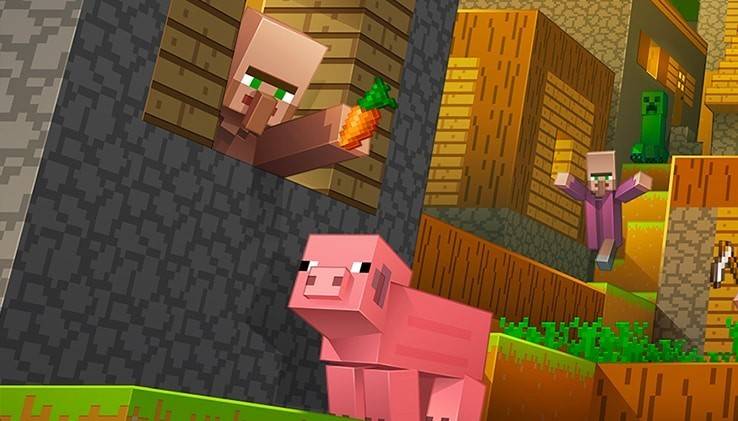 Image: minecraft.net
Image: minecraft.net
Minecraft's official 1.0 release on November 18, 2011, solidified its position as a global gaming titan. Millions of players comprised a vibrant community, generating custom modifications, maps, and even educational projects. Mojang's 2012 expansion onto consoles like Xbox 360 and PlayStation 3 broadened its reach, captivating children and teenagers with its blend of entertainment and educational value.
Minecraft Versions Through Time
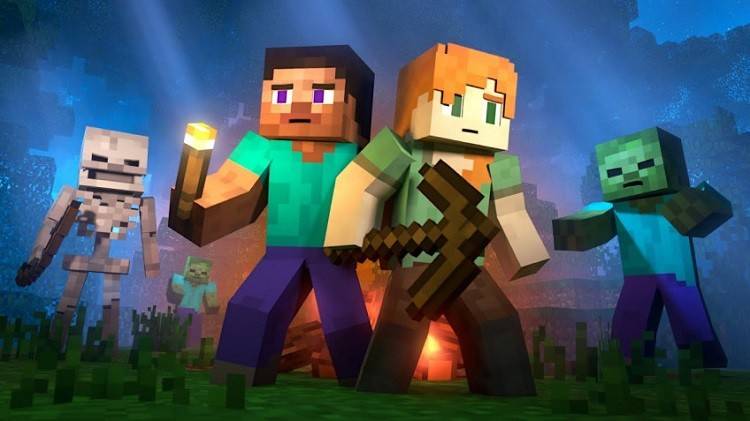 Image: aparat.com
Image: aparat.com
Below is a summary of key Minecraft versions following the official release:
| Version | Description |
| Minecraft Classic | The original, free version. |
| Minecraft: Java Edition | Initially lacked cross-platform play; later integrated Bedrock Edition. |
| Minecraft: Bedrock Edition | Enabled cross-platform play across various Bedrock versions, including PC (with Java Edition). |
| Minecraft mobile | Cross-platform compatible with other Bedrock editions. |
| Minecraft for Chromebook | Chromebook-specific version. |
| Minecraft for Nintendo Switch | Includes the Super Mario Mash-up pack. |
| Minecraft for PlayStation | Cross-platform compatible with other Bedrock editions. |
| Minecraft for Xbox One | Partially Bedrock; updates discontinued. |
| Minecraft for Xbox 360 | Support ended after the Aquatic Update. |
| Minecraft for PS4 | Partially Bedrock; updates discontinued. |
| Minecraft for PS3 | Support discontinued. |
| Minecraft for PlayStation Vita | Support discontinued. |
| Minecraft for Wii U | Offered off-screen play. |
| Minecraft: New Nintendo 3DS Edition | Support discontinued. |
| Minecraft for China | China-exclusive version. |
| Minecraft Education | Educational version used in schools and educational settings. |
| Minecraft: PI Edition | Educational version for Raspberry Pi. |
Conclusion
Minecraft's enduring legacy extends far beyond its gameplay. It's a thriving ecosystem encompassing communities, YouTube channels, merchandise, and official competitions. Continuous updates introduce new biomes, characters, and features, ensuring its continued relevance and popularity. Minecraft remains more than just a game; it's a cultural phenomenon.
Latest Articles




![Taffy Tales [v1.07.3a]](https://imgs.anofc.com/uploads/32/1719554710667e529623764.jpg)



